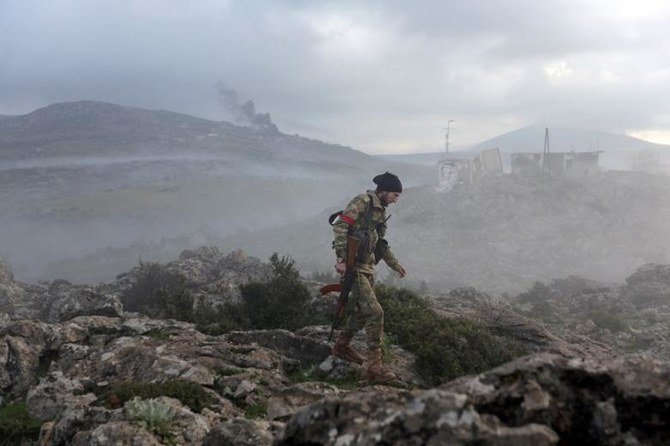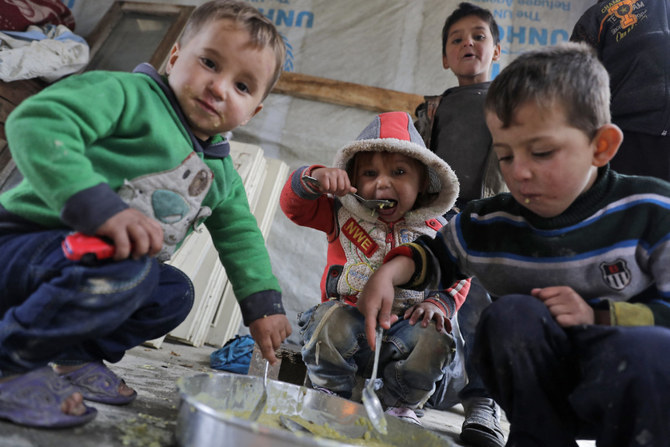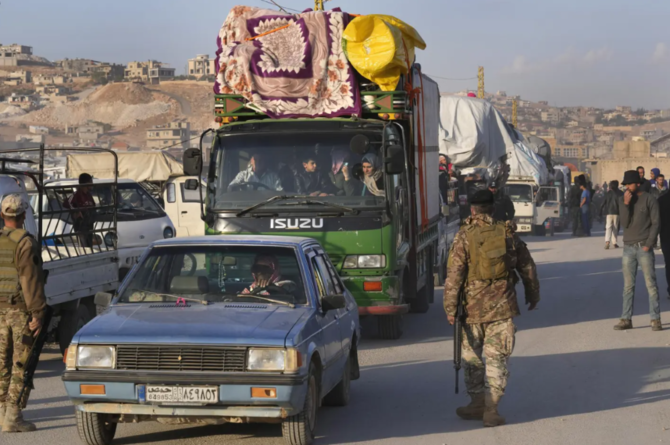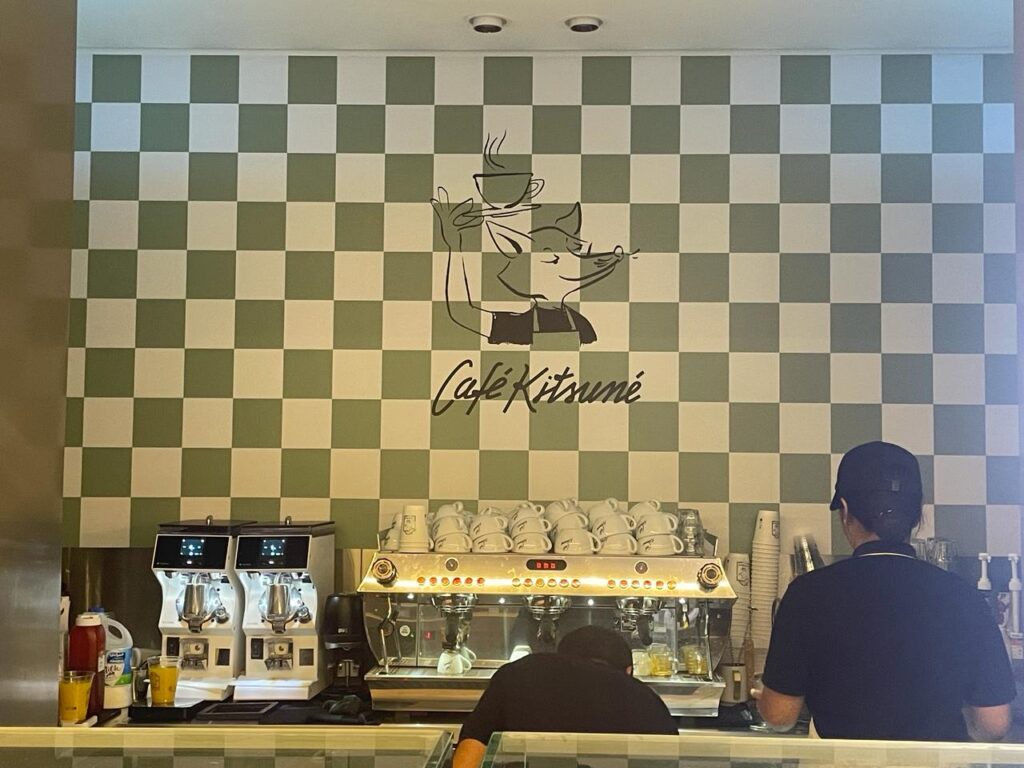BEIRUT: More than 900 pro-Turkish Syrian fighters have returned to Syria after the end of fighting in the disputed area of Nagorno-Karabakh, a Britain-based Syrian war monitor said Wednesday.
A November 9 truce ended more than a month of fighting between Azerbaijan and Armenia over the ethnic Armenian enclave that broke away from Baku’s control in a war in the 1990s.
Turkey has been accused of sending hundreds of Syrian mercenaries to fight alongside Azeri forces in the conflict, though Ankara has denied this.
More than 2,580 Syrian combatants have been sent to back Baku in total, of whom 293 have died, according to the Syrian Observatory for Human Rights monitoring group.
“More than 900 fighters from pro-Ankara factions have returned to Syria in several waves,” the latest on November 27, Observatory head Rami Abdel Rahman said.
The rest of the fighters were expected home in the coming days.
Returning fighters went back to northern parts of war-torn Syria under control of pro-Turkey rebels, including Afrin, Jarabulus and Al-Bab, Abdel Rahman said.
France in mid-November called on Russia, which brokered the cease-fire deal between Armenia and Azerbaijan, to clear up related “ambiguities,” including over the return of foreign fighters.
A French diplomatic source, who asked not to be named, at the time called the departure of foreign fighters deployed in the conflict “a fundamental element for stability in the region.”
AFP






















